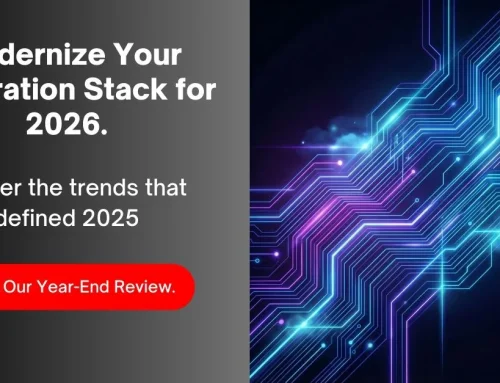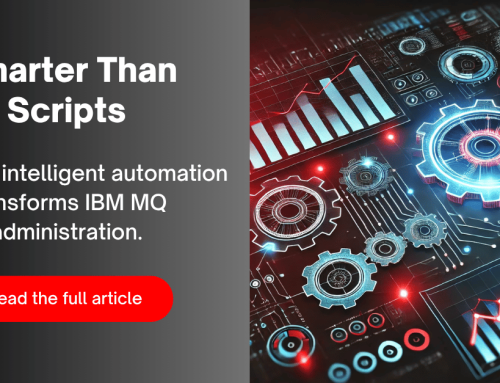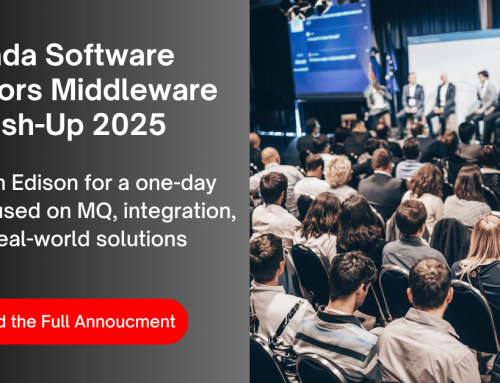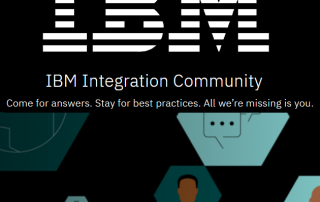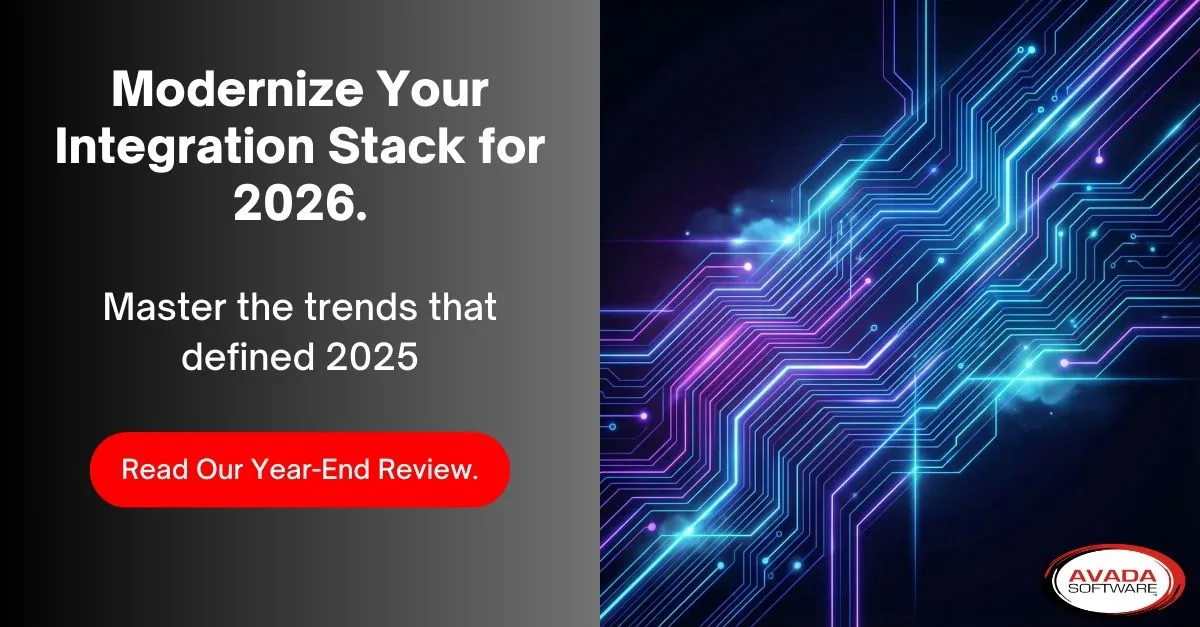IBM CEO Arvind Krishna Touches on How IBM MQ Contributes to the Overall Earnings Plans for IBM
During a June 2nd interview at the Bernstein 38th Annual Strategic Decisions Conference, Toni Sacconaghi, Bernstein’s IT Hardware and Electric Vehicles Analyst, talks with Arvind Krishna, the Chairman and CEO of IBM. In the interview focused on IBM financials, Mr. Krishna discusses the role of IBM MQ even as the new (sans Kyndryl) IBM is solely and “almost maniacally” focused on hybrid/multi cloud and artificial intelligence.
In the interview, Krishna talks about the focus on AI, despite IBM having divested Watson Health, saying that the “Watson Health divestment has got nothing to do with our commitment to AI and to the Watson brand.” His answer to “So, then why divest Watson Health?” is that it’s a question of verticals versus horizontals. The IBM play in AI is looking to provide a horizontal solution.
“We will always have an industry lens,” he explains, “but through our consulting team, we want to work on technologies that are horizontal across all industries. Verticals should belong to people who really have all of the domain expertise, they have credibility in that vertical.”
Toni then pointed out that the original strategy for Watson was horizontal and then it became vertically-focused and Arvind explained that decision was based on two trends: A demographic shift where there are fewer people with specific tech skills, combined with inflation and labor cost increases. “You put those two together and that will then argue for AI and automation in general being applied to more and more domains,” Arvind emphasized.
From there the discussion moved to geographical markets and how the consulting business working with each of the “big six” and contributes to revenue numbers. There was some focus on how this newer approach, as opposed to consulting being “a bit more focused on IBM than it should be” and that it unleashed growth.
Much of the conversation to this point was heavily focused on the consulting portion of the business. However, at one point Toni asked point-blank whether this new trend where consulting is meeting customer needs by migrating more people to alternative platforms is accelerating a migration away from IBM’s software portfolios. This is where the role of IBM MQ came into the picture.
Arvind explained that he thinks it creates a flywheel effect. As more and more customers move to AWS or Azure, there is work to be done around integration. “That is a great place where technologies like MQ and our automation portfolio play a role.” He went on to discuss how they’re long-term technology deployments. He cautioned that having their consulting footprint doesn’t mean they exclusively push toward IBM portfolios but went on to say that it gives them a much higher win rate for the technology side of the portfolios compared to if they were not there at all. So, he sees it as a plus, not a minus for the integration portfolio.
Later, Arvind credited the integration portfolio along with other core technologies like business process management and workflows as part of the overall portfolio he expects growth to come from in the core software business outside of Red Hat and AI. One could extrapolate from this that there is expectation that the role of IBM MQ is to support growth.
The interview goes on to discuss IBM’s prediction of double-digit growth for the 2022 year in some areas. Arvind also discussed their confidence in their pipeline for 2023 and Why investors can be confident that IBM can grow by mid-single-digits two years in a row. This was partially from an M&A strategy, which Arvind explained was funded from a $4 Billion portion of their cash flow in a market where software valuations have come down.
The interview winds up with a discussion on what Arvind sees as the biggest risks to what Toni refers to as IBM’s “pretty ambitious” change agenda – especially in light of past growth strategies at IBM and that have fallen short from either cannibalizing the core revenue areas or the core areas had fallen off significantly.
It’s an interesting listen. You can listen to it here and see the transcript (but caution that there are several typos in the transcript which actually change the meaning of what is said in some cases).
More Infrared360® Resources



